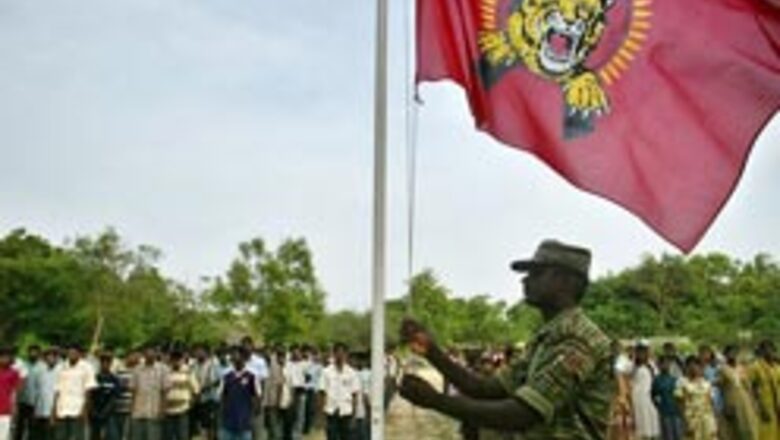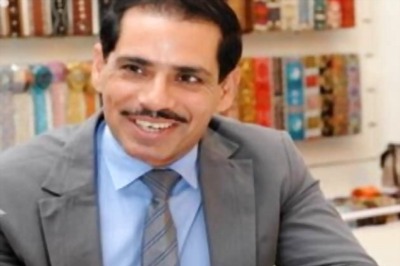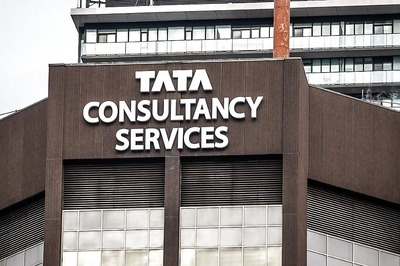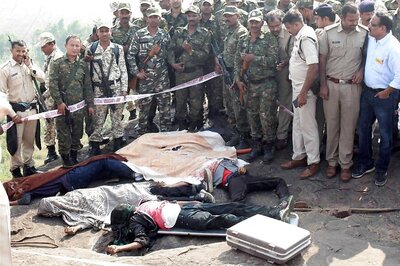
views
Colombo: Sri Lanka risks being propelled back into civil war if the European Union (EU) declares the Tamil Tiger rebel group a terrorist organization, a top guerrilla leader warned on Thursday.
A fragile 2002 cease-fire between the island nation's government and the Liberation Tigers of Tamil Eelam has already been rocked by surging violence that has killed at least 271 people since April, according to the international monitors, and has halted peace talks.
"The more the international community alienates the LTTE, the more the LTTE will be compelled to tread a hard-line individualist path," chief Tiger negotiator Anton Balasingham said.
Balasingham's comments came after both a US envoy and the Sri Lankan foreign minister called on the EU to declare the Tigers a terrorist group, a designation the US, Britain and India have already given it.
Last year, the EU announced that Tiger representatives would be refused entry into member states until the bloc considers whether to add the guerrillas to its list of terrorist organisations.
"Emboldened by international support, the Sinhala hard-line elements will undoubtedly take steps to further escalate the violence and precipitate a war in which they hope to destroy the LTTE," Balasingham said.
Sinhala refers to Sri Lanka's ethnic Sinhalese majority, whom the Tigers accuse of discrimination against minority ethnic Tamils.
"If this happens, the LTTE will be compelled to resist," Balasingham said.
"An EU ban on the group is not going to help bring about peace, (but) will only serve to exacerbate the conditions of war," he said.
Sri Lanka's Foreign Minister Mangala Samaraweera on Thursday said the Tigers must be listed as a terrorist organization internationally, unless they return to peace talks with the government.
He made the comment after meeting UN Secretary-General Kofi Annan in Tokyo.
"Now the time has come for the international community to tell them enough is enough," Samaraweera said.
Samaraweera is on a five-day visit to Japan, which has tried to mediate in the peace process.
The Tigers have fought the government since 1983, demanding a separate Tamil homeland. More than 65,000 people were killed before the cease-fire agreement halted 19 years of open warfare.
Recently escalating violence has left scores of government officials and Tigers dead in the past few months, threatening to shatter the truce and plunge the country back into full-blown civil war.
Dozens of civilians have also been killed under shadowy circumstances. Each side blames the other for the bloodshed.
On Thursday, the military said suspected Tamil rebel snipers shot and killed a Sri Lankan soldier in the country's north.
The killing occurred late Wednesday in Muhamalai, the entry point to the government-controlled northern Jaffna peninsula, said military spokesman Brig. Prasad Samarasinghe.
Jaffna is 300 kilometers north of the capital, Colombo.
The police said, on Thursday, unidentified gunmen killed two Tamil civilians in the town of Ampara, about 220 kilometers east of Colombo. One victim was a politician from a Tamil party running in local elections set for Saturday.
The gunmen's identities and the motive for the attack were not clear.



















Comments
0 comment